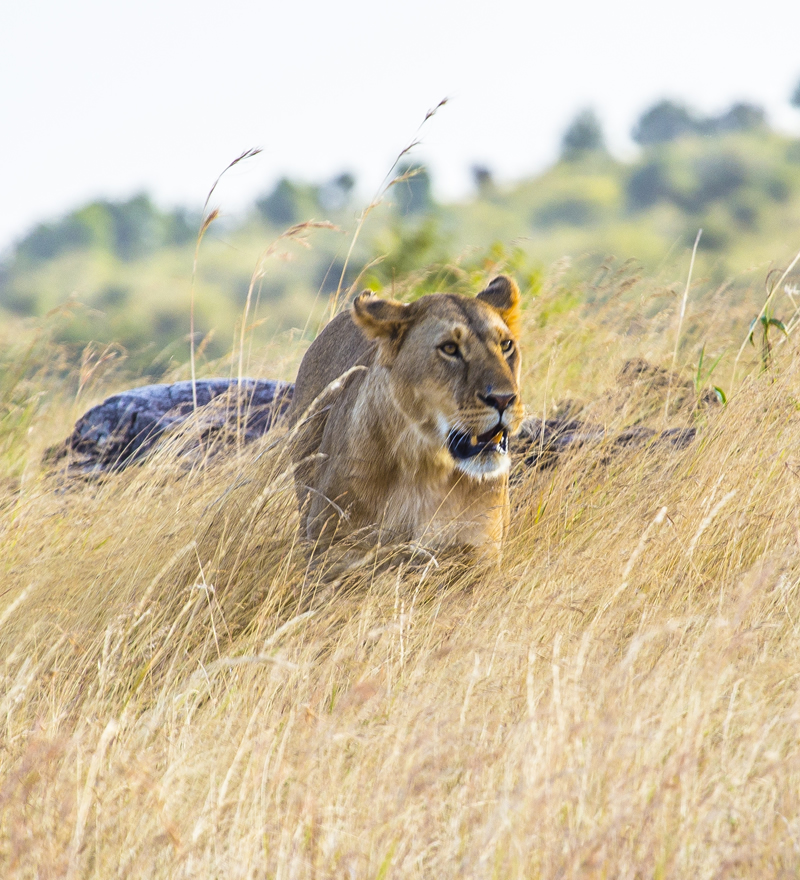Masai Mara National Reserve
The Masai Mara National Reserve, usually called The Mara, is named in honor of the people of Maasai communities who have lived comparatively with animals in the Mara region for many years. The Mara Ecosystem was established as Mara Sanctuary in 1961, whereby later within the same year, it was converted to a Game Reserve. The Maasai Mara ecosystem extends to Serengeti National Park-Tanzania. The Greater Mara ecosystem comprises the Maasai Mara National Reserve, the Mara Triangle, and several Maasai Conservancies, including Koiyaki, Lemek, Ol Chorro Oirowua, Mara North, Olkinyei, Siana, Maji Moto, Naikara, Ol Derkesi, Kerinkani, Oloirien, and Kimintet.
The Maasai Mara National Reserve is known in the world as the leading destination in East Africa and Africa at large with its exceptional population of wildlife, including all the Big Five: Lion, Rhino, Elephant, Leopard, and Buffalo. The Ecosystem host the Great Migration of Millions of wildebeests, zebras, and Impalas from Serengeti National Park to Maasai Mara, where they migrate in search of water and green pasture, thus known as one of the ten wonders of the world. The Reserve also has indigenous black rhino and big cats like Lions, the dominant cheetahs, leopards, spotted hyenas, and African wild dogs. The Reserve has over 500 bird species, many of which are migrant’s birds. Birds that have called this place home for many years include; vultures where they can be found everywhere in the park close to Mara, big cats, secretary birds, Marabou storks, Masai ostrich, hornbills, and lilac-breasted roller.
The Masai Mara National Reserve remains one of the leading safari destinations in Africa, with accommodations in and outside the reserve ranging from tented camps, lodges, budget camps, and campsites. The park has airstrips like; Musiara, Mara Serena, Keekorok Airstrip, Ol Kiombo, whereby several airlines offer scheduled services to tourists traveling from Nairobi.
